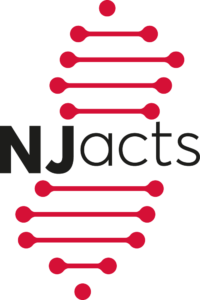 Please read Dr. Jude’s article in the American Journal of Physiology-Lung Cellular and Molecular Physiology titled, “Obesity elicits a unique metabolomic signature in human airway smooth muscle cells.”
Please read Dr. Jude’s article in the American Journal of Physiology-Lung Cellular and Molecular Physiology titled, “Obesity elicits a unique metabolomic signature in human airway smooth muscle cells.”
Obesity can aggravate asthma by enhancing airway hyperresponsiveness (AHR) and attenuating response to treatment. However, the precise mechanisms linking obesity and asthma remain unknown. Human airway smooth muscle (HASM) cells exhibit amplified excitation-contraction (EC) coupling and force generation in obesity. Therefore, we posit that airway smooth muscle (ASM) cells obtained from obese donors manifest a metabolomic phenotype distinct from that of nonobese donor cells and that a differential metabolic phenotype, at least in part, drives enhanced ASM cell EC coupling. HASM cells derived from age-, sex-, and race-matched nonobese [body mass index (BMI) ≤ 24.9 kg·m−2] and obese (BMI ≥ 29.9 kg·m−2) lung donors were subjected to unbiased metabolomic screening. The unbiased metabolomic screening identified differentially altered metabolites linked to glycolysis and citric acid cycle in obese donor-derived cells compared with nonobese donor cells. The Seahorse assay measured the bioenergetic profile based on glycolysis, mitochondrial respiration, palmitate oxidation, and glutamine oxidation rates in HASM cells. To read the full article.
Obesity elicits a unique metabolomic signature in human airway smooth muscle cells. Shengjie Xu, Nikhil Karmacharya, Gaoyuan Cao, Changjiang Guo, Andrew Gow, Reynold A Panettieri Jr, Joseph A Jude. Am J Physiol Lung Cell Mol Physiol. 2022 Sep 1;323(3):L297-L307. PMID: 35787188 PMCID: PMC9514806 DOI: 10.1152/ajplung.00132.2022
